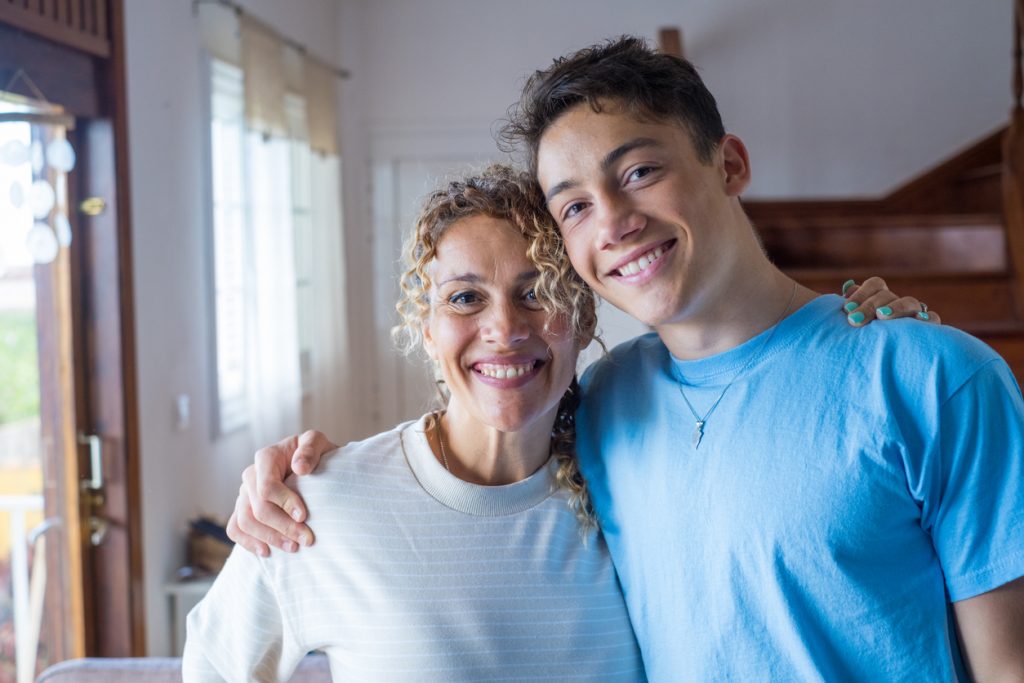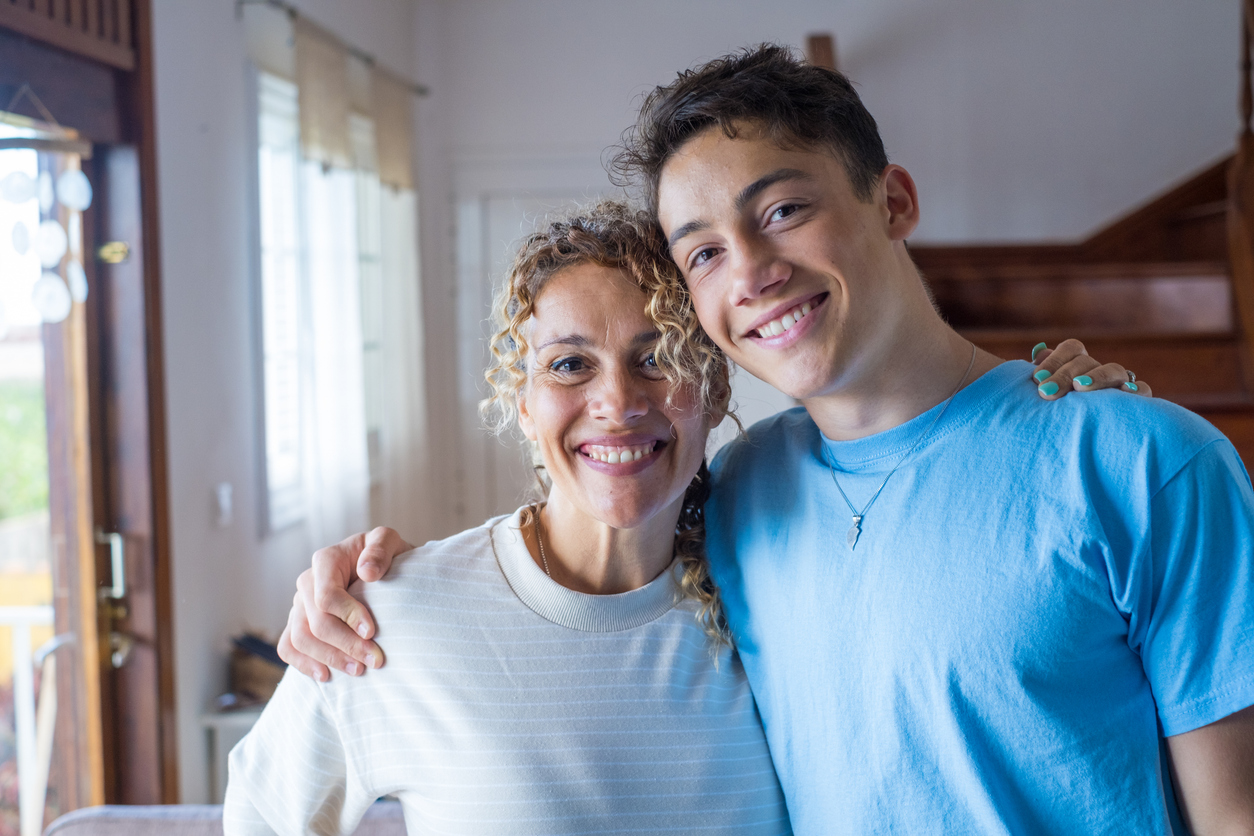
Family intervention programs can be a valuable resource for families who are struggling with relationships, communication, or problem-solving. These programs can provide family relationship education, communication skills, and support to help families improve their relationships and function more effectively. In today’s blog post, we will go over each of these areas. Let’s get started.
Family Relationship Education
One of the most important things that family intervention programs can provide is education about healthy relationships, communication, and problem-solving. This education can help families learn new skills and strategies for improving their relationships. For example, families may learn how to communicate more effectively, resolve conflict peacefully, and develop better coping mechanisms.
Communication Skills
In addition to education, family intervention programs also provide opportunities for building communication skills. This can include practicing new communication techniques, learning how to resolve conflict peacefully, and again, developing better coping mechanisms. Building communication skills can help families put the new knowledge they have learned into practice and make positive changes in their relationships.
Family Relationship Support
Finally, family intervention programs provide support from trained professionals and other families who are going through similar experiences. This support can help families feel less alone and more confident in their ability to make positive changes in their families. Support can come in many forms, such as individual counseling, online programs, and support groups.
If you are struggling with your family relationships, communication, or problem-solving skills, a family intervention program can be a valuable resource. Intervention programs can help you learn new skills, build support, and make positive changes in your family.
Here are some specific examples of how these programs can help you improve your family relationships:
- Improving communication: Learn how to communicate more effectively with your family members. This includes learning how to listen actively, express your feelings in a healthy way, and resolve conflict peacefully.
- Solving problems: Learn how to solve problems together as a family. This includes learning how to identify the problem, brainstorm solutions, and make a plan of action.
- Building relationships: Build stronger relationships with your family members. This includes learning how to show appreciation, spend quality time together, and resolve conflict peacefully.
If you are interested in learning more about family intervention programs, there are a number of resources available to you. You can talk to your doctor, a therapist, or a social worker.
Tips for Finding A Family Intervention Program
There are a lot of resources out there to help your family build better relationships. Here are some tips to help you find the program that works best for your family.
- Ask your doctor, therapist, or social worker for recommendations.
- Search online for family intervention programs in your area.
- Contact your local mental health or family services agency.
- Talk to other families who have been through a family intervention program.
Things to Look For:
- The program should be led by a qualified professional.
- The program should be tailored to the specific needs of your family.
- The program should be affordable.
- The program should be accessible.
If you find a family intervention program that you think might be a good fit for your family, be sure to talk to your family members about it. It is important that everyone in the family is on board with participating in the program. These programs are a valuable resource.
If you are interested in learning more, please visit our online resources or reach out to us by phone, online form, or email. We want you to make lasting relationships with your family and we’re here to help.

